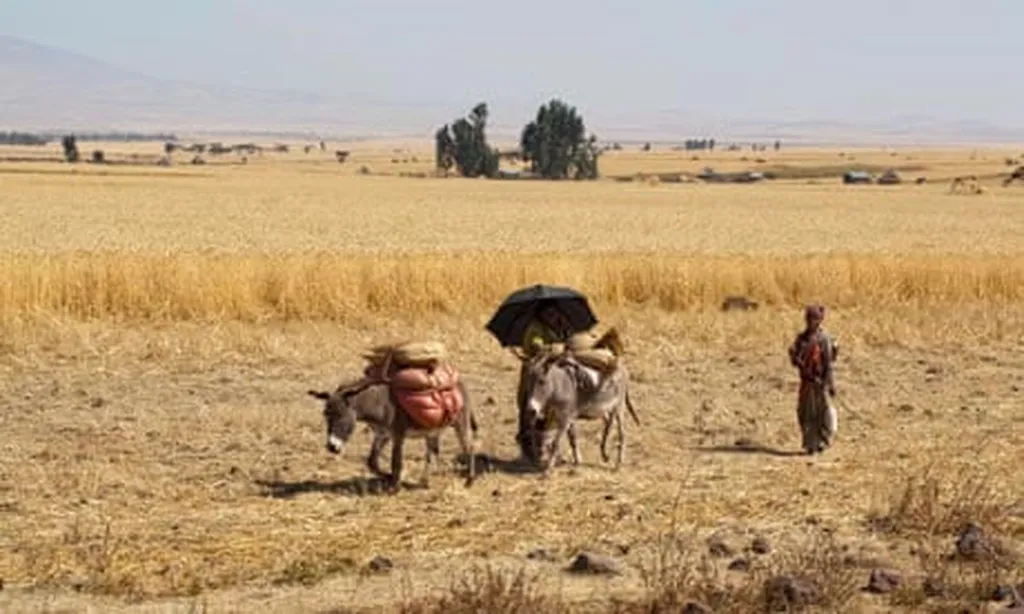Across Africa, smallholder farmers are the backbone of the continent’s food systems, yet many grapple with low productivity, limited market access, and financial exclusion. However, digital innovation and inclusive financing are beginning to reshape this narrative, as evidenced by the work of Solidaridad Southern Africa and its partners.
In Malawi, for instance, the introduction of e-payment systems in the cotton sector has brought about tangible improvements. Humphrey Nxumalo, Head of Programmes at Solidaridad Southern Africa, highlights that these systems have increased transparency, security, and farmer confidence. This shift is not merely theoretical but is making a real difference on the ground.
The progress seen in these interventions is transitioning from pilot phases to large-scale implementation. Digital tools, particularly mobile-based platforms, are proving to be powerful enablers for farmers. They can now send and receive money, register loans, access weather-index insurance, and track repayments digitally. This digital shift is not only benefiting farmers but also creating efficiencies for financial institutions, input suppliers, and impact investors, thereby boosting investor confidence and reducing risk.
A key aspect of this digital transformation is its inclusive design. Programmes are intentionally targeting women, youth, and differently abled individuals, ensuring that no one is left behind. Despite challenges such as rural connectivity and the cost of high-quality devices, the focus is on building adaptable, inclusive, and interoperable farmer digital ecosystems.
Interestingly, financial literacy has not been a significant barrier. Farmers understand value, timing, and commitment, and loan recovery rates have outperformed traditional models when services are relevant and fair. This underscores the potential of digital finance in agriculture.
However, the journey is not without its challenges. Unreliable internet connectivity and the cost of advanced devices for capturing high-resolution farm data are notable hurdles. Yet, the path forward is clear: digitizing more layers of agriculture, from planting to payment, is making the sector more resilient, transparent, and scalable.
Nxumalo calls for government involvement, not just as regulators but as partners in progress. By embracing digital finance, supporting farmer data systems, and incentivizing regenerative practices, public institutions can significantly improve service delivery, particularly in rural and underserved areas.
The implications of this shift are profound. As Africa’s smallholder farmers gain access to digital tools and inclusive financing, they are not only transforming agriculture but also driving inclusive economic growth. The time is ripe for stakeholders to come together and provide the necessary support to enable farmers to lead the way.

